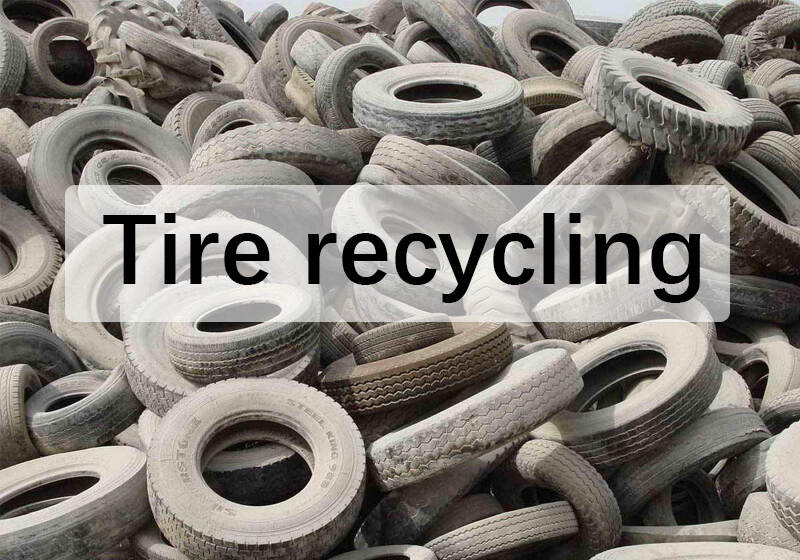Email cannot be empty
Password cannot be empty
Email format error
Email cannot be empty
Email already exists
6-20 characters(letters plus numbers only)
The password is inconsistent
Email format error
Email cannot be empty
Email does not exist
6-20 characters(letters plus numbers only)
The password is inconsistent


Sustainable Solutions: Transforming Used Tires through Efficient Rubber Recycling
Introduction:
The rubber industry plays a crucial role in the national economy, with tires constituting over 50% of rubber products. Despite a global decline in tire sales in 2020 due to the COVID-19 pandemic, the sheer volume exceeded 1.5 billion units. Understanding the importance of tire rubber recycling is essential for mitigating environmental impact and promoting resource efficiency.

What is Tire Rubber?
Tire rubber, the primary material in automobile tires, includes natural rubber, butadiene rubber, styrene butadiene rubber, and butyl rubber. The composition significantly influences tire performance, such as wear resistance, tread pattern groove cracking resistance, resilience, heat resistance, and grip on wet surfaces.
Importance of Tire Rubber Recycling:
Recycling tire rubber is vital to prevent environmental pollution, resource wastage, and carbon emissions. Unmanaged waste tires contribute to pollution and fire hazards, affecting air, water, and soil quality. Recycling reduces resource consumption, lowering energy requirements for natural or synthetic rubber production and decreasing carbon emissions, contributing to a greener world.
Applications of Recycled Rubber:
Reclaimed rubber, derived from vulcanized corner waste, finds applications in various products such as playground surfaces, artificial turf, anti-slip mats, shock cushions, and more. The versatility of recycled rubber supports the development of eco-friendly alternatives in multiple industries.
Methods of Tire Recycling:
Several methods are employed for tire recycling, including retreading, rubber pellet production, rubber concrete, asphalt modification, cracking recovery, and fuel utilization. Each method aims to maximize resource efficiency and reduce environmental impact.
1. Retread Tires:
Retreading, particularly using pre-vulcanized methods, extends the life of tires, reducing raw material consumption by 15%-30% compared to new tires. This efficient process minimizes waste and enhances the sustainability of tire usage.
2. Rubber Pellet Production:
Waste rubber undergoes processes to create rubber particles and powder, serving as raw materials for new rubber products. This method minimizes waste while promoting circularity in rubber production.
3. Rubber Concrete:
Innovative applications like rubber concrete integrate waste rubber into construction materials, offering enhanced properties like shrinkage resistance, impact resistance, and fatigue resistance compared to traditional concrete.
4. Asphalt Modification:
Using waste rubber for asphalt modification improves pavement performance and extends its lifespan, offering a practical solution for repurposing rubber materials in road engineering.
5. Cracking Recovery:
Thermal, vacuum, and catalytic cracking technologies transform waste rubber into valuable products like gas, liquid fuels, and solid carbon materials, supporting a circular economy.
6. Fuel Utilization:
High-calorific-value waste tires can be used as an alternative fuel source, contributing to cement roasting, thermal power generation, and solid waste fuel production.

Conclusion:
The responsible recycling and utilization of waste tire rubber not only address environmental concerns but also contribute to global resource sustainability. Implementing efficient recycling methods is crucial for building a cleaner and more sustainable future. At [Your Company], we utilize advanced twin screw extruders for Devulcanization and Compounding, producing high-quality TPE pellets from recycled tire powder, PP, and Paraffinic oil, with an output of 1500kg/h. Join us in creating a greener world through innovative tire rubber recycling solutions.